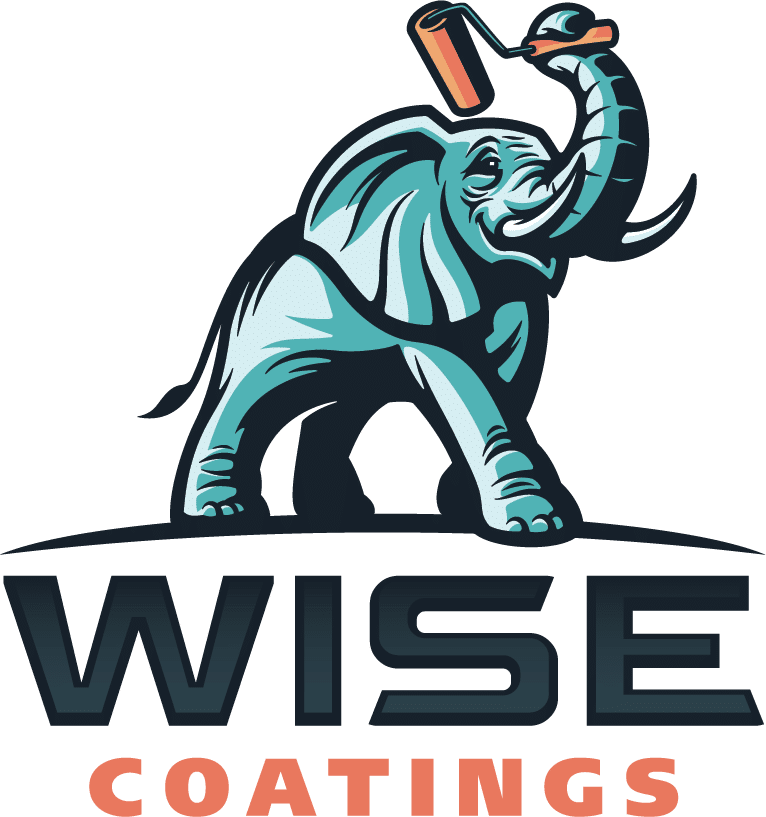Concrete coatings protect concrete surfaces from damage caused by chemicals, stains, scrapes, and high temperatures. These coatings are great for garage floors or other high-traffic areas in your home.
A professional contractor will first prepare the surface by repairing cracks and pitting in your concrete. They will also test the moisture content to ensure the concrete can accept a new coating. Learn more by clicking here.
Durability
Concrete is an incredibly durable material, but it can be susceptible to wear and tear with normal use. Concrete coatings are a great way to protect and beautify your concrete spaces without having to worry about scuff marks, pitting, or chipping.
Concrete coatings come in a variety of colors and finishes, so you can choose the one that best suits your space. Additionally, they can help protect your concrete surfaces from damage and staining by forming a sealant that keeps water and other elements from penetrating the surface.
Many factors impact the durability of a concrete coating, including its composition and quality standards. Coatings that are made from superior materials tend to provide a longer lifespan than those that aren’t. They also resist stains and dirt more easily than uncoated concrete. Regular sweeping and the occasional application of a sealant will keep your concrete coating looking like new for years to come.
Aesthetics
There’s nothing dull or uninspiring about concrete that has been protected with the right coating. The options for aesthetic variation are almost limitless.
Achieving the desired aesthetic result requires well-written specifications and mock-up samples at the beginning of your project. Concrete suppliers and product specialists should be involved in this phase to help you achieve your goals.
Epoxy is the concrete coating of choice for most high-build situations, and there are a variety of formulations to meet specific requirements including curing time, abrasion resistance, pot life, UV stability, and so forth. For example, Mortarchem is a new generation of cementitious epoxy designed to simplify the application process and deliver performance improvements in production and use, such as faster curing, improved abrasion resistance, lower VOCs and adhesion to properly prepared surfaces.
Acrylic is another common option for concrete coatings, and it’s a great way to add a splash of color. These single-component systems can be used as a topcoat or as an integral color and are simple to apply. They also dry quickly, making them ideal for warehouse floors that need to be up and running as soon as possible.
Slip Resistance
Unlike carpet, which is not an ideal material for high-traffic areas such as garages and walk-in freezers, concrete is a highly durable surface that stands up to harsh environments. It can be further protected with a concrete coating, reducing wear and tear that could otherwise damage the flooring.
Coatings can also be used to increase slip resistance, a key factor in safety for heavy traffic areas. Coatings such as polyurea are formulated with embedded microbeads that improve grip. Applied over smooth surfaces such as ceramic tile or polished stone, these non-slip coatings allow the structure and beauty of the substrate to show through without markedly changing its appearance.
Other options for improving slip resistance include anti-skid sealers and anti-slip additives. Some of these are available in a variety of tints for decorative purposes, and others can be mixed with concrete overlays for a unique look. In addition, fast-curing epoxies are now available that reduce the time needed for a job while still providing long-lasting protection.
Low Maintenance
The best concrete coatings are incredibly low maintenance, making them a smart investment for homeowners. They easily resist oil stains, UV damage, and other common causes of concrete damage. Concrete coatings can also be easily mopped and swept clean.
When determining the best type of concrete coating for your specific application, you must consider things like longevity, durability, and aesthetics. Some coatings offer better chemical resistance than others while other options provide a more glossy look or are easier to apply.
You’ll want to choose a coating that has the right temperature requirements for your concrete as well. For example, epoxy and urethane need to be applied in warm weather while polyurea can be applied in cooler temperatures. Additionally, you’ll want to follow the ICRI (International Concrete Repair Institute) surface preparation standards for maximum results. Next article.


